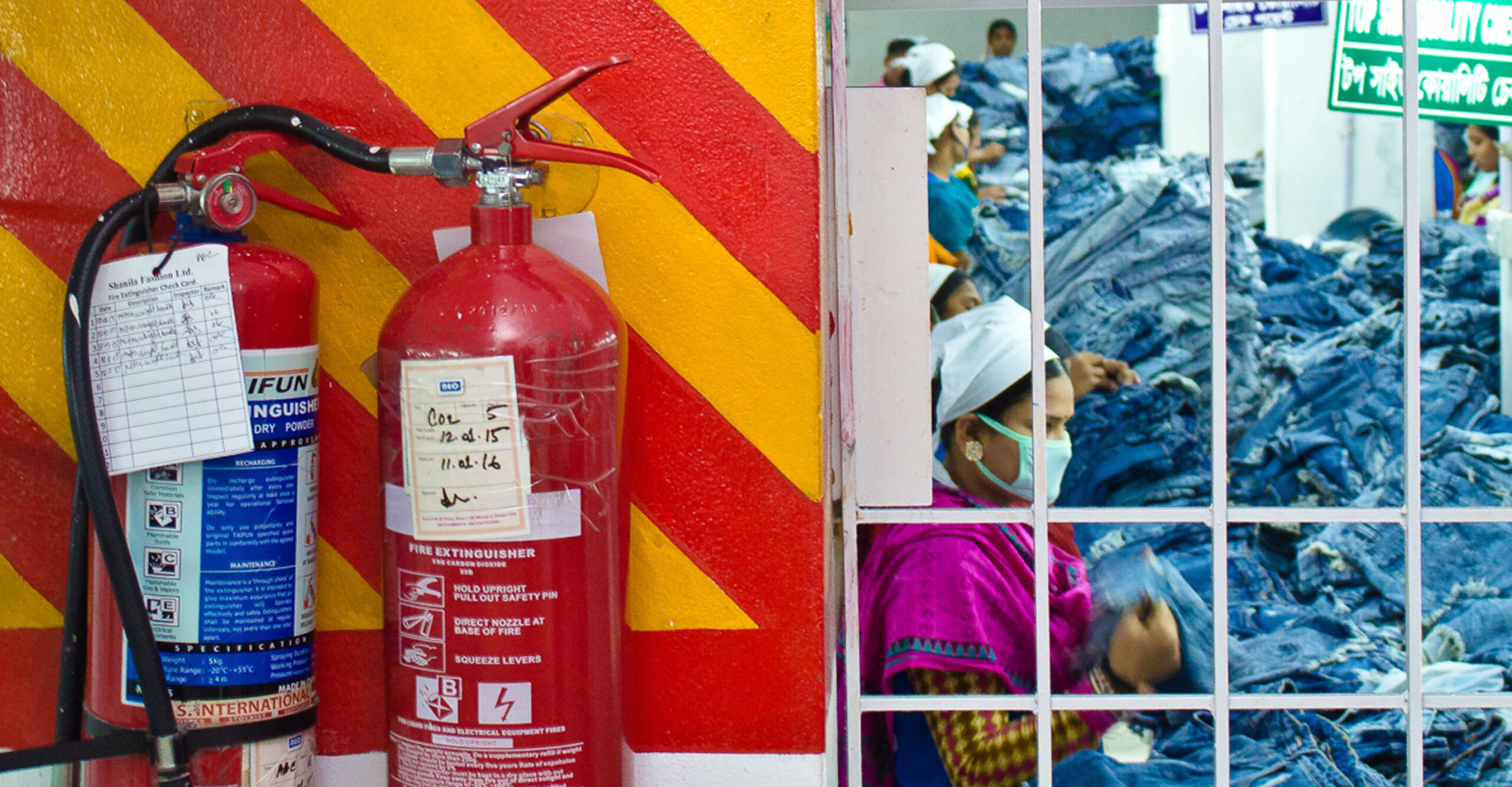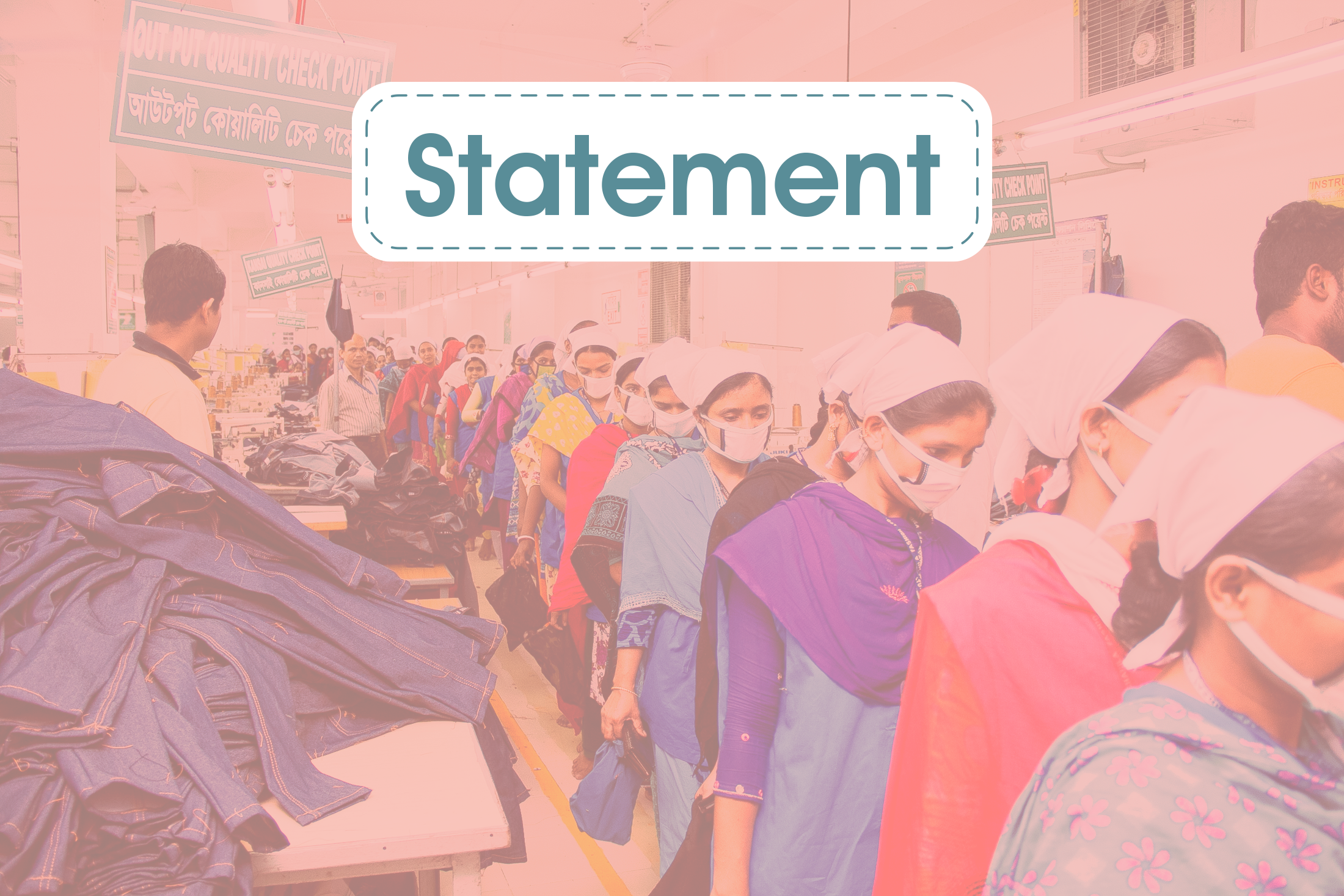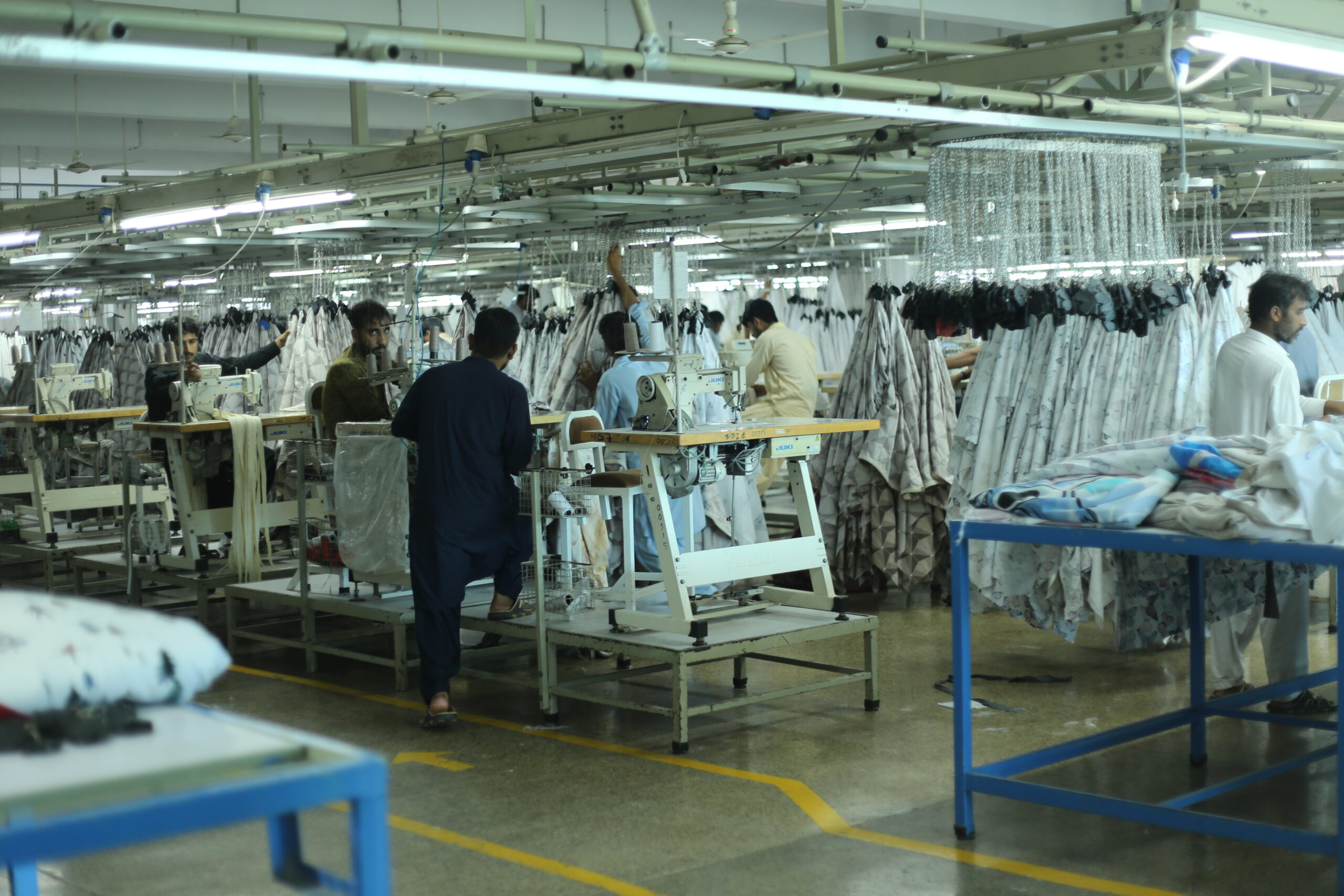Statement
Amsterdam, 24 April 2023:
April 24, 2023, marks 10 years since the tragic collapse of the Rana Plaza building in Bangladesh which killed 1,138 garment workers and injured 2,500 others. On this day, we remember those who perished, those who were injured, and those who continue living with the impacts of one of the worst workplace disasters in modern history.
The Rana Plaza collapse was an avoidable tragedy that could have been prevented with reasonable health and safety measures. A decade on, we wish to honour the memory of this tragedy’s victims by taking stock of how far workplace safety has come since Rana Plaza and acknowledging all that remains to be done.
The collective efforts of brands, manufacturers, trade unions, and civil society organisations with support from the local government have made significant strides in health and safety in the Bangladeshi textile and garment industry.
These efforts have included physical improvements like strengthening the structural integrity of factory buildings, the installation of fire doors, fire alarms, and enclosed staircases as well as addressing other occupational health and safety (OSH) issues like excessive working hours and gender-based violence and harassment through safety training at factories and a complaints mechanism for workers. Workers have been made aware of their right to refuse unsafe work and how to evacuate a building in case of a fire through Safety Committee training and all employee meetings in every factory.

The Accord and RMG Sustainability Council (RSC), which carried forward Accord operations in Bangladesh since June 2020, have conducted nearly 56,000 fire, electrical, and building safety inspections at over 2,400 garment factories. Over 140,000 safety issues at these factories have been resolved, contributing to safer working conditions for workers.
While these efforts have borne tangible results in Bangladesh, the International Accord signatories have decided to extend these measures and learnings to Pakistan to ensure Pakistani textile and garment workers also have access to minimal health and safety measures including safe exits, fire alarm systems and workplaces with structural integrity.
“Together with our signatories and stakeholders, the Accord approaches the next decade with immense dedication and perseverance. We are determined to continue the health and safety work at factories in Bangladesh and contribute to a safer Pakistani textile and garment industry under the recently signed Pakistan Accord,” said Joris Oldenziel, Executive Director, International Accord.
On behalf of the Accord signatories,
International Accord Secretariat
END
For more information, contact:
- media@internationalaccord.org
- Mini Dixit, Communications Officer: mini.dixit@internationalaccord.org
Related updates
February 3, 2026
The parties have agreed to re-sign the Pakistan Accord in its current form, reaffirming their shared commitment to supporting worker health and safety across the supply chains of signatory brands in Pakistan.
January 20, 2026
We extend our deepest condolences to the victims and families affected by the tragic fire at Gul Plaza in Karachi on 17 January.
November 9, 2025
The International Accord is pleased to announce that, from mid-November 2025, the Worker Complaints Mechanism in Bangladesh will be expanded to cover issues beyond Occupational Safety and Health (OSH).
February 3, 2026
The parties have agreed to re-sign the Pakistan Accord in its current form, reaffirming their shared commitment to supporting worker health and safety across the supply chains of signatory brands in Pakistan.
January 20, 2026
We extend our deepest condolences to the victims and families affected by the tragic fire at Gul Plaza in Karachi on 17 January.
November 24, 2025
The International Accord is saddened by the earthquake in Bangladesh and concerned about the reported injuries and loss of life. Our thoughts are with all affected individuals and families.



